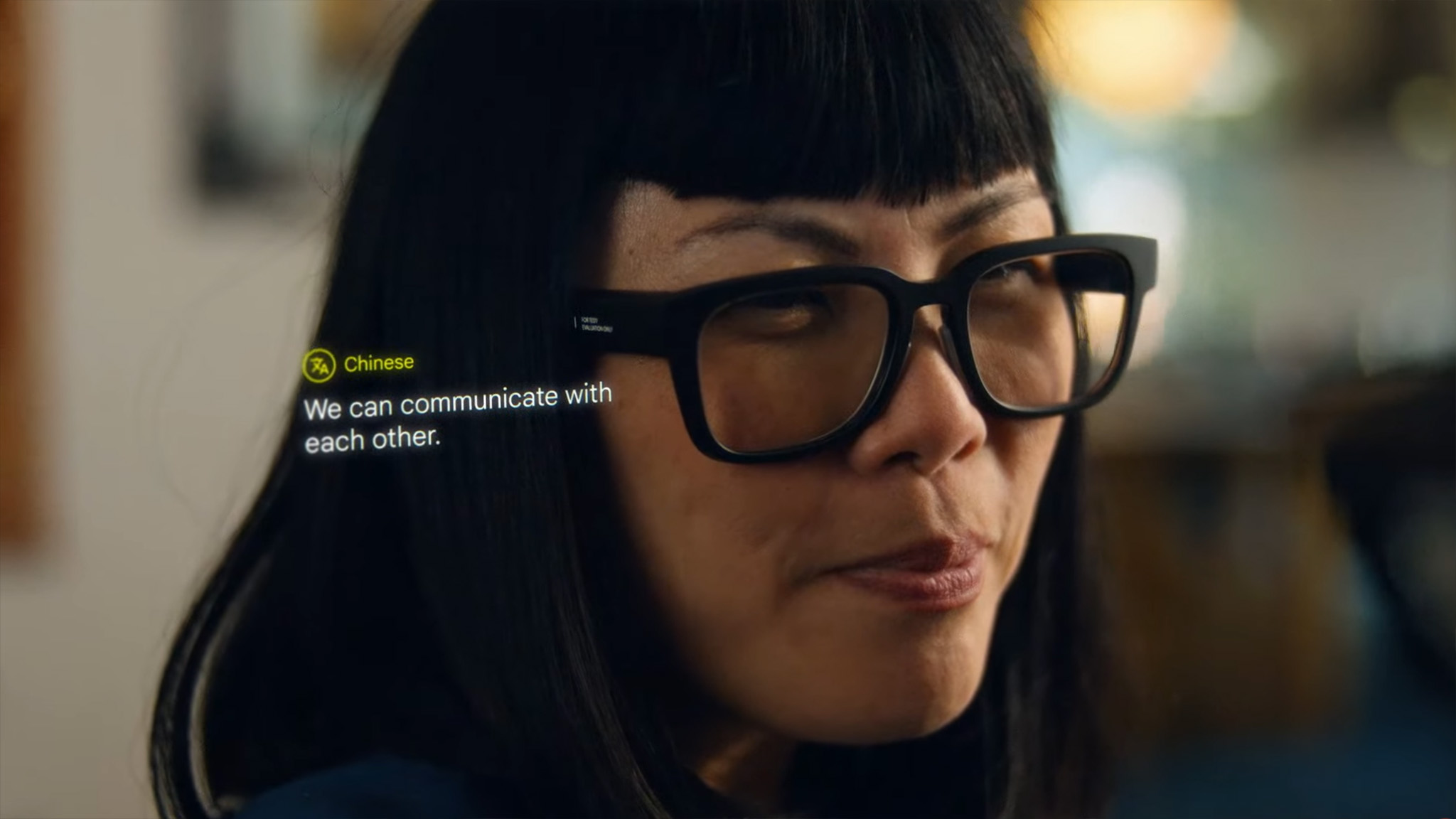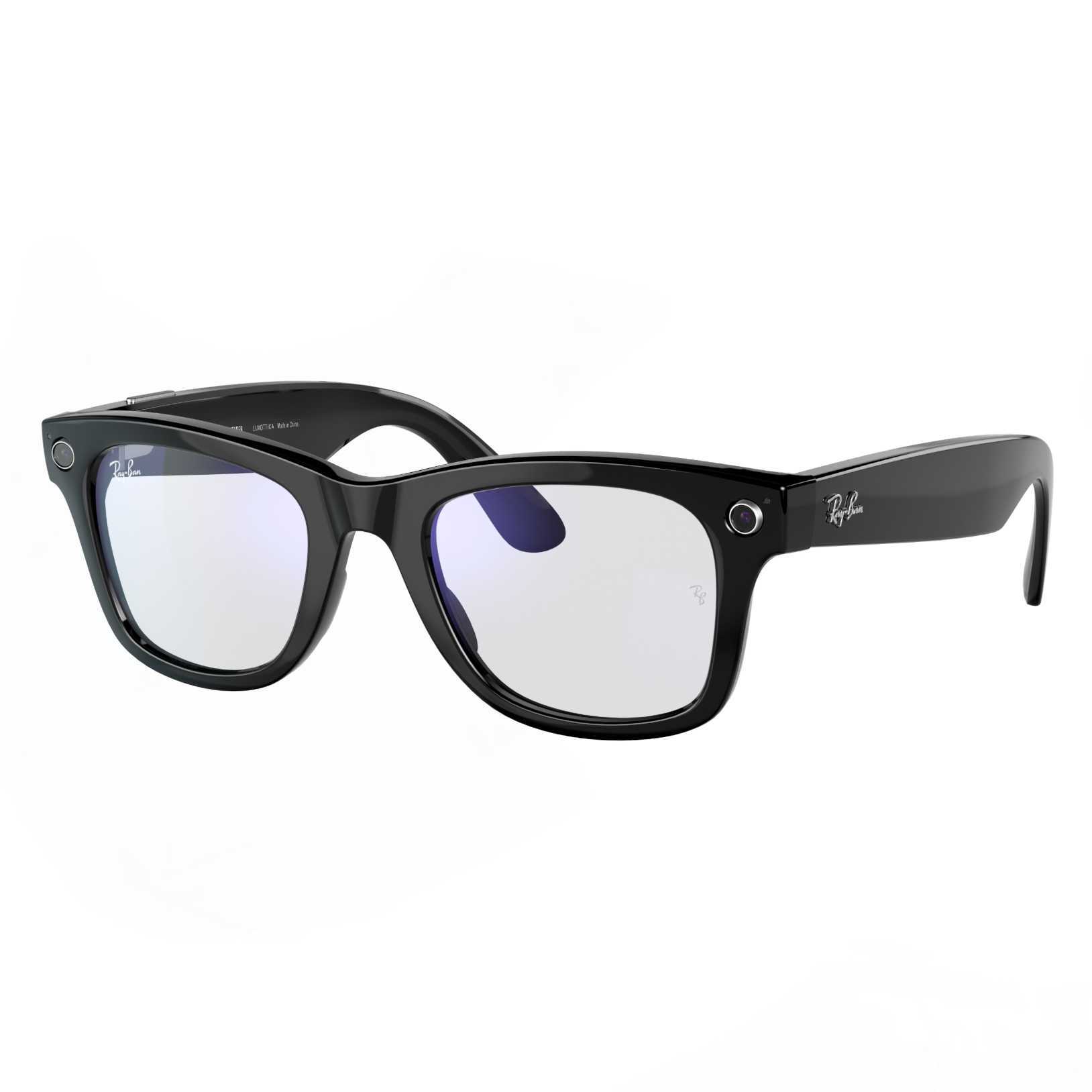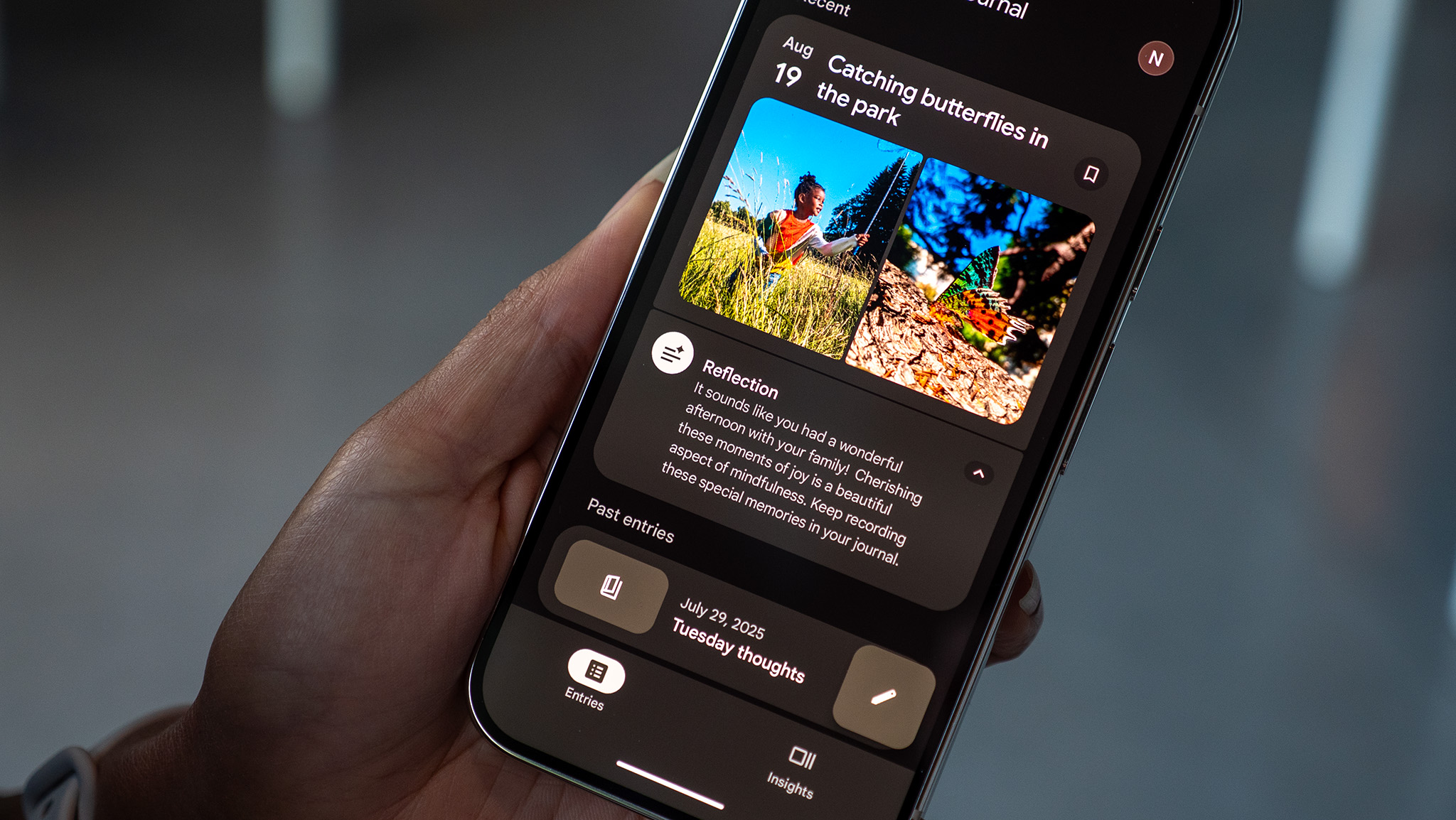Looks like Google might have canceled its new AR glasses
Another one bites the dust?

What you need to know
- The next generation of Google Glass, called Project Iris internally, has reportedly been canceled.
- The cancellation comes months after project lead Clay Bavor left Google's AR division.
- Google is said to have moved on to building a software AR platform for companies like Samsung instead of developing its own hardware.
If you were hoping for a next-generation follow-up to Google Glass, it looks like you might be waiting indefinitely. Following the February 2023 departure of Clay Bavor, Google's then vice president of the Labs division of experimental "forward-thinking" projects, Google is said to have totally canceled its own internal AR hardware development and is focusing on making the "Android of AR" platforms instead.
We've reached out to Google about the news and will update this article if we learn any additional official information.
This news comes from a report at Business Insider which reveals that Google canceled the hardware project immediately following the departure of Bavor earlier this year. Project Iris was said to be a type of smart glasses that could help augment reality with helpful information such as real-time translation or guided navigation via Google Maps. Google demoed a pair of glasses similar to this concept at Google I/O 2022.
Insiders say that Google continually shifted its strategy for Project Iris glasses, frustrating employees and causing turmoil within the group. It's said that Google is completely through with AR hardware and that some employees remain at Google's Labs division to further develop AR hardware.
The remainder of Google's AR Labs division will move on to developing the software platform that'll power future XR devices — XR is the catch-all term for AR and VR — like the upcoming Samsung XR headset and XR headsets from other companies. Given that headsets like the upcoming Meta Quest 3 — and existing Meta Quest headsets — run on custom versions of Android, Google's own platform has already proven to be a boon for the XR industry.
This new "micro XR" platform, as it's being called right now, could very well deliver the same experiences we saw at Google I/O 2022. The difference is that Google won't be the one making the hardware, just the underlying operating system.

Get the pair of smart glasses that look as smart as they feel. With that classic Ray-Ban styling, Ray-Ban Stories lets you quickly make video clips, snap pictures, listen to music, and use voice commands in some of your favorite apps like WhatsApp.
Get the latest news from Android Central, your trusted companion in the world of Android

